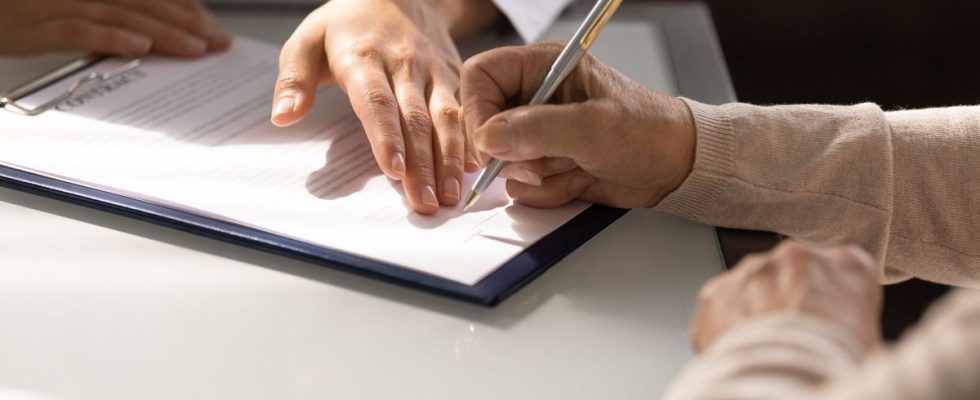Published on
Updated
Reading 3 min.
in collaboration with
Dr Gérald Kierzek (Medical Director)
As part of an experiment in France, volunteer nurses will now be authorized to sign death notices themselves, if necessary. A way to alleviate medical procedures, or an aberration? Dr Gérald Kierzek, medical director of Doctissimo, shares his opinion.
Until now, only a doctor was authorized to issue a certificate when a patient died. But this will no longer be the case, according to a decree published Thursday in the Official Journal. As part of an experiment, for one year, volunteer nurses from 6 regions of France (Auvergne-Rhône-Alpes, Centre-Val-de-Loire, Île-de-France, Hauts-de-France , Réunion and Occitanie) will also be able to sign death certificates, under conditions, as desired in February by the former Minister of Health, François Braun.
Why such a delegation?
The death certificate is a document necessary for the family upon the death of a person for the organization of the funeral and all the procedures that follow. It is necessarily delivered by a doctor, but in certain cases, things get complicated: doctors can be late, and generally lack time to carry out this procedure, which is free during the day. The death certificate, on the other hand, is paid 100 euros, in the evening and on weekends.
To relieve doctors of this act, the provision to let nurses proceed in this way appeared in the social security financing bill last year. “On an experimental basis, for a period of one year, the State may authorize nurses to sign death certificates. This has been done since December 6.
A nursing act which is based on certain conditions
However, several conditions must be met for the nurse to complete a certificate themselves. First of all, nurses volunteering will have to obtain the agreement of their employer, and follow twelve hours of training, in person or online, around two modules: “epidemiology and clinical examination of the fatal process” And “administrative and legal”.
Concretely, once the death is discovered, the nurse must first inform the emergency medical aid service or the attending physician, so that they can prepare the death certificate. The nurse will only take control under certain conditions:
- If the unavailability of the doctor within a reasonable time is established;
- If death is confirmed “at home or in an accommodation establishment for dependent elderly people”;
- Only outside of situations “where the violent nature of death is manifest”.
“When the nurse cannot establish the causes of death on his own, he calls upon the expertise of a doctor by any means, regardless of the mode and place of practice of the latter. For this purpose, he can call on a retired doctor”, however provides for the decree.
Gérald Kierzek: “It’s not just an administrative paper, but a medical time”
Emergency physician and medical director of Doctissimo, Dr. Gérald Kierzek believes that the decree adopted is an aberration that does not go in the right direction.
“Once again, we clearly see that we choose to operate in ‘degraded’ mode. We are in a degraded emergency mode and now in a degraded mode regarding death certificates to lighten the workload. It’s just a cautery on a wooden leg.”
And our expert is sad to see that this decree tends to reduce the death certificate to a simple administrative document.
“This is not the role of nurses, it is a medical procedure and not a piece of administrative paper. The death certificate also involves understanding the causes, knowing whether there is a medico-legal obstacle or not, and explaining the death to the family. So it’s a real medical relationship time. Once again, we can still delegate everything, but everyone must have their role, otherwise we risk falling into administration via SMS, which makes no sense in medicine”
